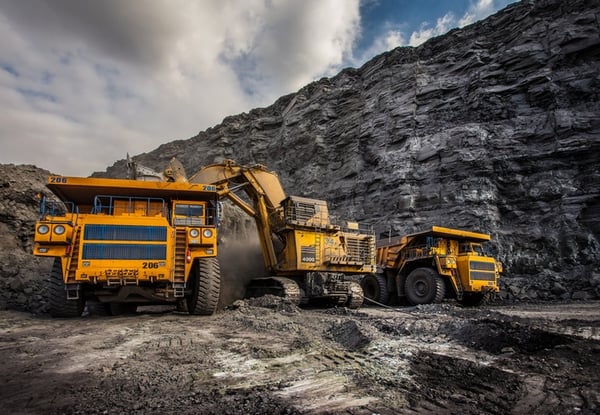
Off-road vehicles are a vital component for many commercial enterprises, and if they go out of commission, your whole operation could be stalled or even halted altogether. Whether your company operates dump trucks, bulldozers, earth movers, logging equipment or other types of off-road vehicles, keeping these safe and running at peak efficiency is a top priority. However, due to their complex mechanical systems and intense operating conditions, off-road vehicles have a higher than average fire risk. Fortunately, there are steps you can take to prevent fires from crippling or destroying your valuable equipment.
A Greater Risk
Off-road vehicles are prone to fires for a number of different reasons.
1. Combustible Liquids
They often use several kinds of combustible liquids in their mechanical systems, including fuel (gasoline or diesel), oil, grease for lubrication and hydraulic fluid.
2. Heat Generation
With their powerful motors, they tend to create a great deal of heat.
3. Multiple Motors
They often have more than one motor, so there are also more sources of heat (which presents a risk for ignition).
4. Long Life-Cycle
Commercial off-road vehicles tend to be driven for long periods of time, even running day and night in some cases.
5. Wear and Tear
In the course of their operation, they are more likely to accumulate debris on the frame and under the chassis, because they are not driven on nice clean paved roads.
Fire Prevention Is Critical
Due to their increased fire risk and the large monetary investment which commercial off-road vehicles represent, many companies choose to have a fire suppression system installed. This is a prudent investment, which can save thousands upon thousands of dollars and even lives. Yet, the best fire protection is to prevent a fire from occurring in the first place.
A good prevention plan will focus on regular professional inspection and maintenance of high-risk areas of the vehicle, like the electrical system, engine blocks, exhaust manifolds, turbochargers and braking system. Also, scheduled cleaning of accumulated debris and any areas where flammable liquid flows through or is stored, is highly recommended.
Regularly checking connections and hoses for any signs of leaks is also important. Electrical wires should be inspected as well, and any frayed wires should be repaired or replaced. Finally, keep in mind that combustible dust can accumulate on the vehicle during operation, and this should be cleaned off to minimize the risk of a fire.
A High Cost
A comprehensive plan will not only include prevention, but a full-scale fire suppression system as well. This is essential, as any damage to your off-road vehicle is not the only cost associated with a fire. If your equipment is disabled, the downtime that your entire operation suffers (while a repair is performed or a replacement vehicle is located), can be exponentially more expensive than the fire damage itself. This is not to mention the potential for serious injuries or even death, for the personnel operating your machinery.
Avoid this type of costly scenario, by partnering with a leader in commercial off-road vehicle fire suppression. Koorsen can install, inspect, maintain and even design a custom suppression system for any off-road vehicle – to keep your operation and equipment protected and running as it should.
Contact Koorsen Fire & Security to safeguard your valuable equipment today.

